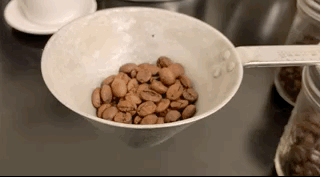AI of the Beholder
I submitted my dissertation to external examiners last week. It sort of occurred to me several days later that this was probably a meaningful milestone. I have written something (hopefully) minimal edits from my second doctoral dissertation. Cool. AI as a concept is central to the dissertation, and one of the threads I set up in the literature chapter is the idea of instability in meaning of emerging technologies, which get stabilized at the social level. AI can be so many things because people imagine it to be many things. And so what is AI? Or perhaps more accurately, what do people imagine AI to be? I'd like to argue for systems characterized by learning , autonomy , and communicativeness . I'm reflecting on a vignette I captured from attending a meeting between the developers and people from the hospital. It didn't make it into the dissertation, but it stuck with me. One of the developers describes some cascading prioritization logic that was built into the OR scheduli...



